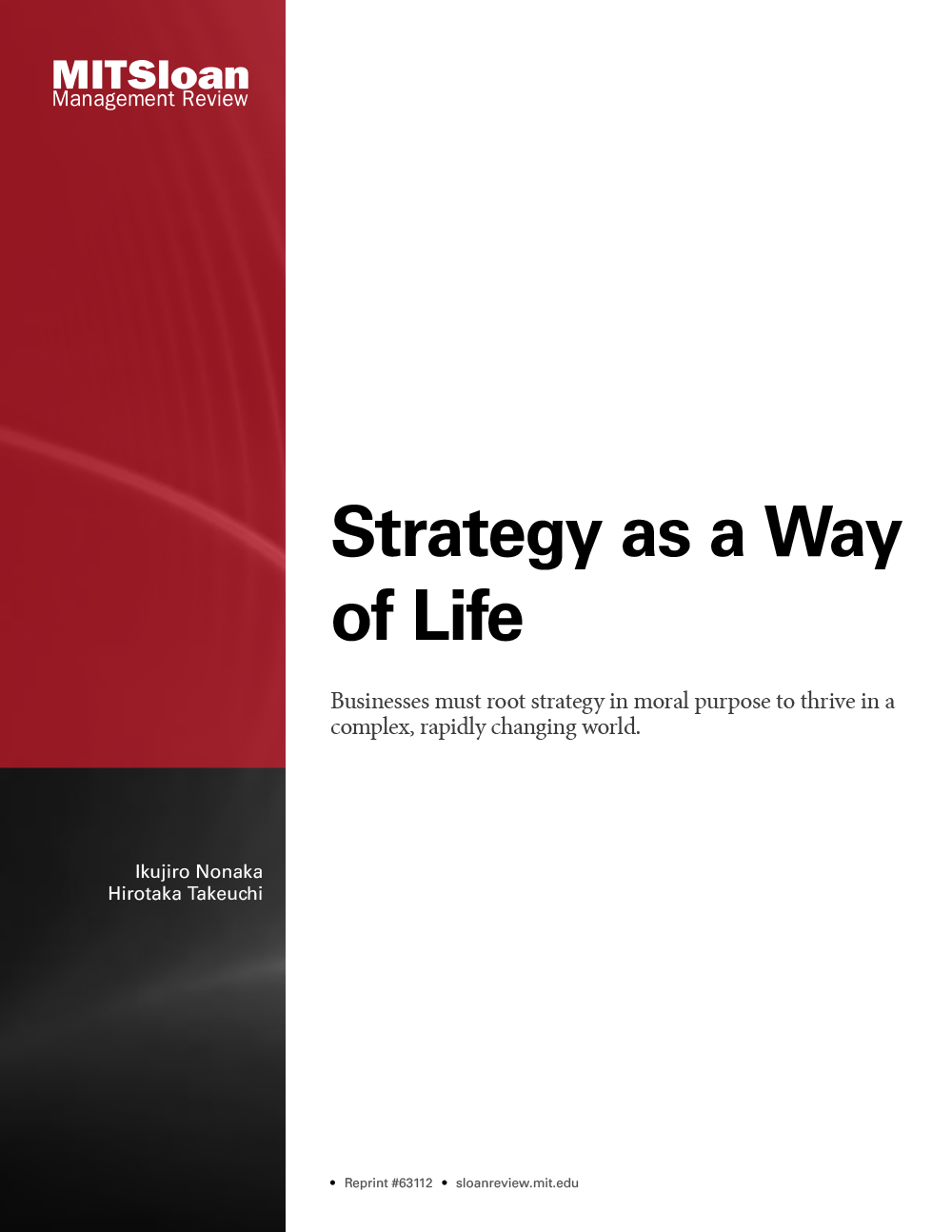
The Net Positive Strategy: Where Environmental Stewardship Meets Business Innovation
Kingfisher, one of Europe's largest home improvement retailers, was the first business of its size to receive full certification from the Forest Stewardship Council (FSC). But, explains Nick Folland, formerly the company's legal and corporate responsibility director, Kingfisher aspires to create a net positive impact on the environment by "putting more back in than we take out." Now the group corporate affairs director for Net Positive, Folland is leading the company's groundbreaking collaborative effort.
Kingfisher's Net Positive strategy is no small challenge. Although Kingfisher already sources 86% of its timber from responsibly managed forests, and aims to increase that to 100% by 2020, to achieve its goal of net positive resource use, Kingfisher also needs to consider how it sources products like leather and palm oil, which can be produced in ways that contribute to tropical deforestation.
Meanwhile, Kingfisher is attempting to drive a massive change in consumer behavior. It is seeking to introduce new "closed loop" products, which will be completely reused and recycled so they never enter the waste stream. The company also aims to rent or lease some products, instead of selling them, which would reduce resource use while providing the same level of service to customers. MIT SMR spoke to Nick Folland, the company's legal and corporate responsibility director, about the challenges of developing and implementing the Net Positive plan.




